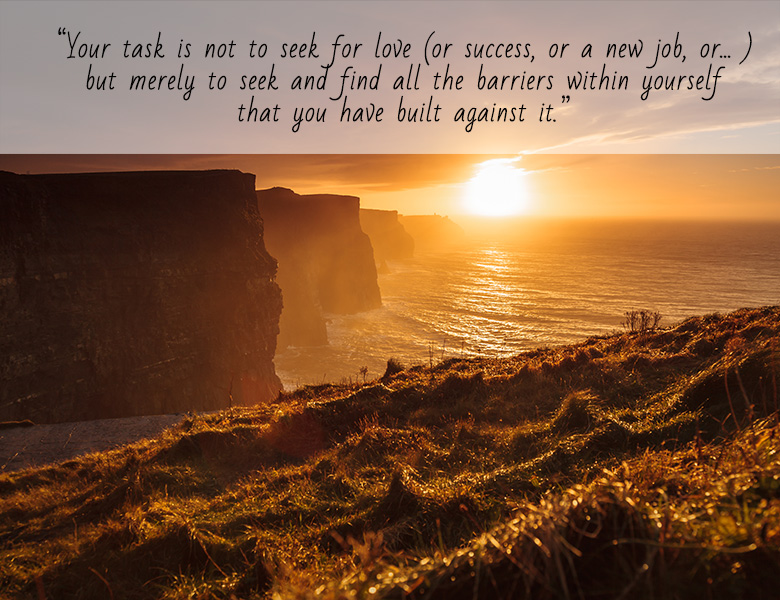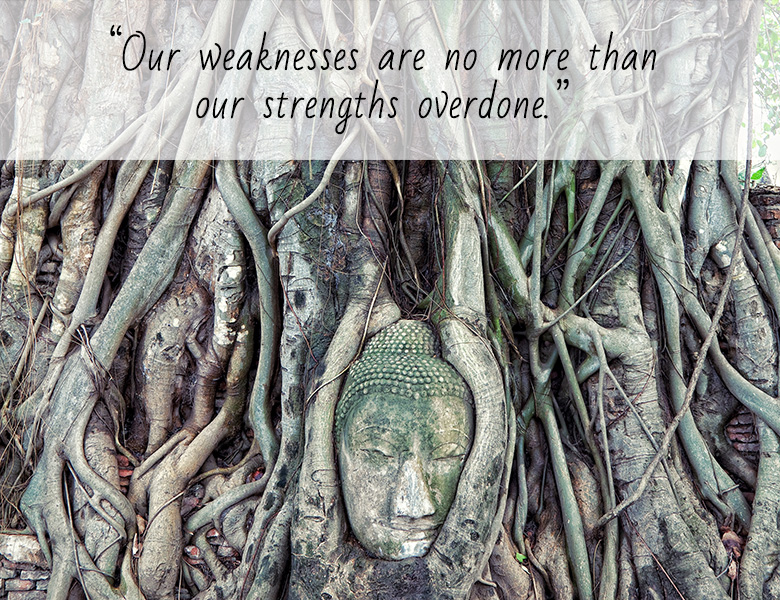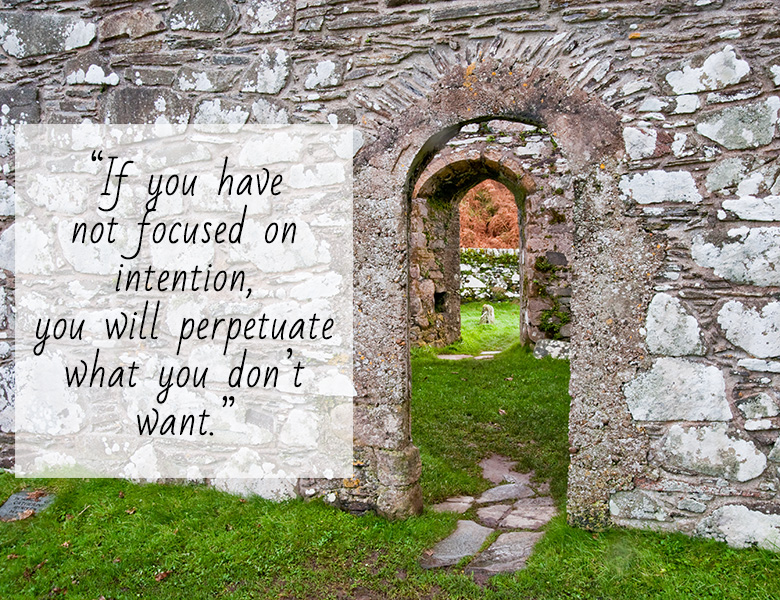As a Life Design Coach, Elisabeth von Clemm provides guidance and support for her clients as they stand at life crossroads. Founder of Von Clemm Leadership Solutions, Right Fit Hiring and ChoicePoints for Women, Elisabeth’s work is grounded and practical. Her use of her intuitive skills and non-traditional tools help her to see and share a larger perspective for each client’s unique life path.
Elisabeth’s experience combines a Master’s Degree in Clinical Psychology, 20 years as principal of her own leadership and organization consulting business, and 15 years of coaching CEO’s, executives and leadership coaches. Elisabeth is the author of Managing Change in the 21st Century and has led coaching retreats and delivered workshops around topics of change, communication, conflict resolution, innovation and strategic life choices.
We had the pleasure of talking with Elisabeth about how she helps her clients trust their inner wisdom and move toward alignment with the life that is calling them.
AoC: Who Are You and What Do You Do in the World?
Elisabeth: The name I give my work is Life Design Coach. I see myself as a guide or mentor for people when they want to enact change in their life. I am not the catalyst for change; the individual is. My part is to help people see where they are getting hung up creating what they want, be that more confidence, a better job, help with a colleague.
There are two ways I do that. First, by showing my clients the bigger picture, the larger context. They can often find their own solution to the presenting problem when it is redefined this way. The other approach is to help my clients realize they have been focusing on the wrong problem or issue.
AOC: Can you give an example?
Elisabeth: Sure. Let’s say someone says, “I am so disorganized. I want to enact more in the world, but I am so disorganized.” Sometimes when we look at the pattern, we might see procrastination around certain to do’s. However, if we look further and widen the scope, we realize that person needs to put more time in for regeneration because his or her actual problem is fatigue.
Here is another example. Let’s say a client reports, “I am having trouble with my spouse. I want to be more compassionate.” Maybe the real issue is that this individual’s own creativity is asking to be given more space and time. Then, when that need is met, suddenly there is less fighting in the relationship.
Many people come with a focus based on a more linear model. For instance, “I want to get more things done. How many garden projects have I completed?” When we feel into what the underlying desire really is–perhaps of simply savoring the garden, of enjoying time and space with hands in the dirt–then not finishing a project (and let’s be real, the list of projects will be endless) is less likely to cause distress.
In general we have been trained in society to judge success based on a linear model, as opposed to a more holistic model that asks very different questions. Both types of questions are worthy. In many settings, it is important to be productive. But most people are struggling with questions around contentment and ease.
There is yet one more way that I offer people a larger view about the problem that they are getting tangled up in, and that is to see there are a lot more solutions than the one track they are on. I help them to see the patterns of thinking-feeling-behaving that are getting in the way. Usually I can bring one or two hidden lynchpins into the light, and that makes all the difference.

AoC: What Is Your Personal Core WHY That Guides You As You Lead Your Organization?
Elisabeth: This could get esoteric! My Why is to support leaders and creatives who are acting for the benefit of humanity, and to help make these individuals’ paths easier. I want people to have the success they want to have. I want to support people who lead change that is expansive, remembering that “expansive” is different for different people. For some, it means more money. For some, to be even more creative. And for others, to be more collaborative.
I often point to Rumi’s quote, with my own variation in parentheses: “Your task is not to seek for love (or success, or a new job, or….), but merely to seek and find all the barriers within yourself that you have built against it.” I want to help my clients learn what they are here to learn, to support their evolution. And I do that by helping with whatever the positive, expansive endeavor is that they are interested in. Everybody needs a carrot!

AoC: Where Have You Most Needed Courage in Your Career and Work?
Elisabeth: Over the span of my career, I’ve come to several critical milestones when I realized what I was doing in my field was paying me well, and had been satisfying, but was no longer the best use of me. I’ve been in the same general field, but what and how I deliver my talent has changed.
I came to places in life where I felt that my gift and talents were not being used in a way to make the biggest difference. It takes courage to walk away from money, status, identity, and the role that one has created. These roles were all powerful and good, but then came a time when they were no longer the best use of my talent in the world.
Another thing about my work in general is that at times I need to be willing to disrupt patterns for my client, and that confrontation takes courage. The relationship and desire to support is huge in me and requires me to be in integrity with what they have asked me to do. My primary goal is to follow their line of inquiry, and sometimes that requires pointing out core patterns that aren’t working. I do this within the context of long-term relationships in which a lot of trust has been built up.
In general, I am a firm believer of pointing out what is working, leading people back to their own strength because that encourages growth, instead of putting constant focus on what is not working.
AoC: What Do You See As the 2 Greatest Obstacles or Barriers Your Clients Have to Overcome in Order to Realize their Aspirations?
Elisabeth: Sometimes we all complicate the endeavor. Things are usually quite a bit simpler than we make them out to be. Part of my job is to help my clients see that.
The very traits that people have which help them to be successful – success not in the traditional linear sense, but what that person identifies as success – end up being the sticking points to getting all the way there. Our weaknesses are no more than our strengths overdone.
For example, people who are enthusiastic, self-responsible, and motivated to pursue a mission in the world – find themselves 80% down the track – then those very traits become the obstacle. They may get exhausted, overwhelmed, feel unreliable and frustrated. To this type of person I would say that what they now need is to have other people be responsible, or to encourage other people’s enthusiasm, or perhaps to release some control. Instead of hustling themselves, they now need to get others to align.

AoC: Where Do You See Your Clients Most Needing Courage in Order to Reach for and Realize Their Dreams?
Elisabeth: That is a great question. I really have to think about this around my high caliber clientele. I’d say that it is the The Courage to Act…differently! The more successful people are, the less willing they are to tolerate the discomfort that comes when stepping out of their comfort zone. “I’ve got a formula and it is working great, except for this one area.” So…we need to change the formula. We need to enact some different behavior.
Basic example for a lot of clients: “Why don’t you have a half day working outside the office or when you don’t respond to emails, so there is time to deal with strategic work?” It’s not huge…yet people get uncomfortable enacting that change. If they stick with it, they see the value of it. Discomfort shows up in many ways, like wanting to schedule an appointment during that time frame, or giving in to a habit pattern of checking on emails.
We can learn so much about where we get hung up if we are willing to act differently, to try something new, and watch what we can learn from it. It definitely takes courage to bumble around with a new behavior, and yet there is much to gain through that discovery process.
AoC: What Do You Believe Is the Greatest Value / Your Core Insight That Can Be Offered to Clients and to the World Today?
Elisabeth: My word is “Align.” Align with what you ultimately want. To say, “I really need to work less. I’m overwhelmed. My business is taking me over”, is to make a statement of the problem, and gets people into more hustle. That complicates things instead of solving them.
Instead, ask yourself, “If I worked less and wasn’t overwhelmed, what would that give me? What would I be doing or enjoying if my life was not taken over by work?”
The answers that come, like “more time with the family”, “feeling more relaxed”, or “having more perspective” is the intention to focus on. Pick this first and let everything else, all the problem solving, all thinking – align around that intention, and it will get you to your desire much more quickly.
When people focus on the linear model of success, as soon as they ask, “How do I do less, read more, do more in fewer hours?” – they are in the hustle. Of course there are good solutions that can be applied, like not taking phone calls during a specified period of time. Nevertheless, if you have not focused on intention, you will perpetuate what you don’t want.
So I always advise, “Go direct! You will never get everything done. So what is it that you truly want for yourself and your organization?” It is often much simpler than we want to make it.
I worked with a team once, and recommended a strategic retreat. The resistance started: “We don’t have time. We can’t get away from this. I will have 500 emails when I get back.” Once they experienced the retreat, got away from the hustle, they recognized the value of it. It is amazing how stepping away from the day-to-day can make a difference.

AoC: What Would Be Your Parting Advice or Guidance to Readers to Help Them to Move Forward Most Powerfully in Their Lives?
Elisabeth:
- Trust that you already know the answer
- Change does not happen out into the future, ahead of yourself in your mind. It happens now, in real time, one small step at a time.
- Be clear about your intention because it will drive your thinking, behaving, and energy flow.
- If whatever is presented seems impossible or incomprehensible, find someone you trust to show you a bigger picture and be willing to hear that wisdom. It is important to recognize that sometimes we need an outside perspective to see our own lives differently. As a successful leader, it is not always the first thought to ask for advice. Ask for support from someone who won’t judge you but will encourage you to follow your own wisdom.
I could also say it like this:
Your life will always, without fail, show you what is next. It will show you what will bring you more joy and pain, and also the ways around obstacles. It is just a matter of honoring the signals. If you don’t understand those signals, have a trusted individual to guide you in that.
Elisabeth von Clemm is available for coaching services and can be contacted through her website, vonclemmleader.com.

